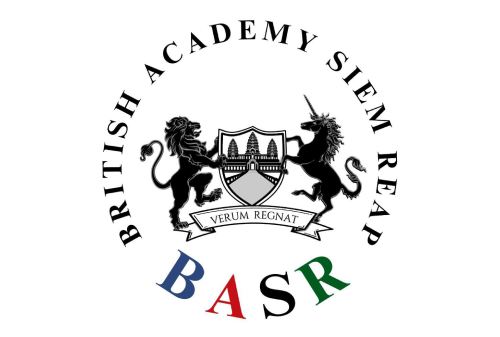We constantly monitor each child’s emotional, social and moral conduct, intervening to encourage or correct where necessary. A report on attitude, participation and ability to form relationships is made to parents termly. We teach the importance of hygiene, tidiness and organisation, as well as responsibility for one’s own property and respect for that of others.
We run a ‘healthy snack’ policy, whereby break-time refreshments containing an excess of sugar, salt or saturated fat are excluded and recommendations given about more nutritional alternatives. On environmental as much as health grounds, we will not permit any food to be brought to school in Styrofoam, and we request a non-disposable container is supplied for this purpose. Consumption of sweets is prohibited on the site at all times. For those children for whom we provide lunch, we offer a balanced meal typically of rice with meat or fish and plenty of vegetable.
We are an ecologically conscious school, recycling or reusing all materials we can. We take steps to acquaint our pupils with the different types of waste and where they should be placed, and emphasise the need to keep their learning space clean, both inside and outside the classroom. We cover environmental matters in our curriculum, particularly with reference to plastic pollution, a serious concern in Cambodia.


